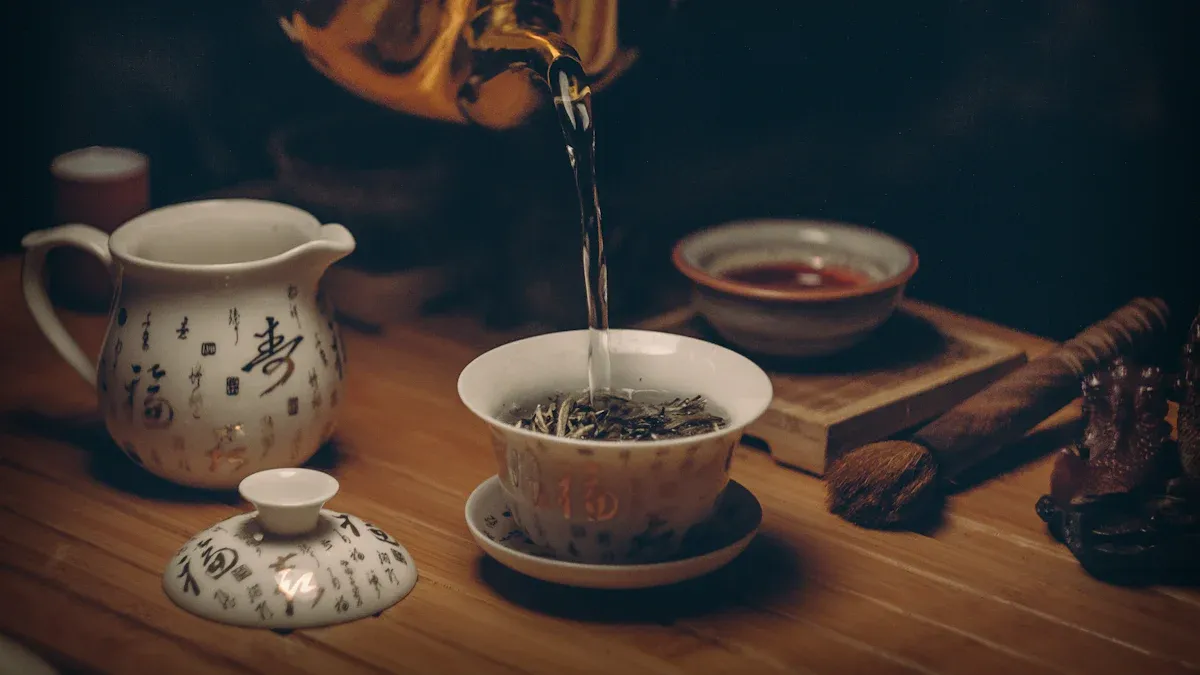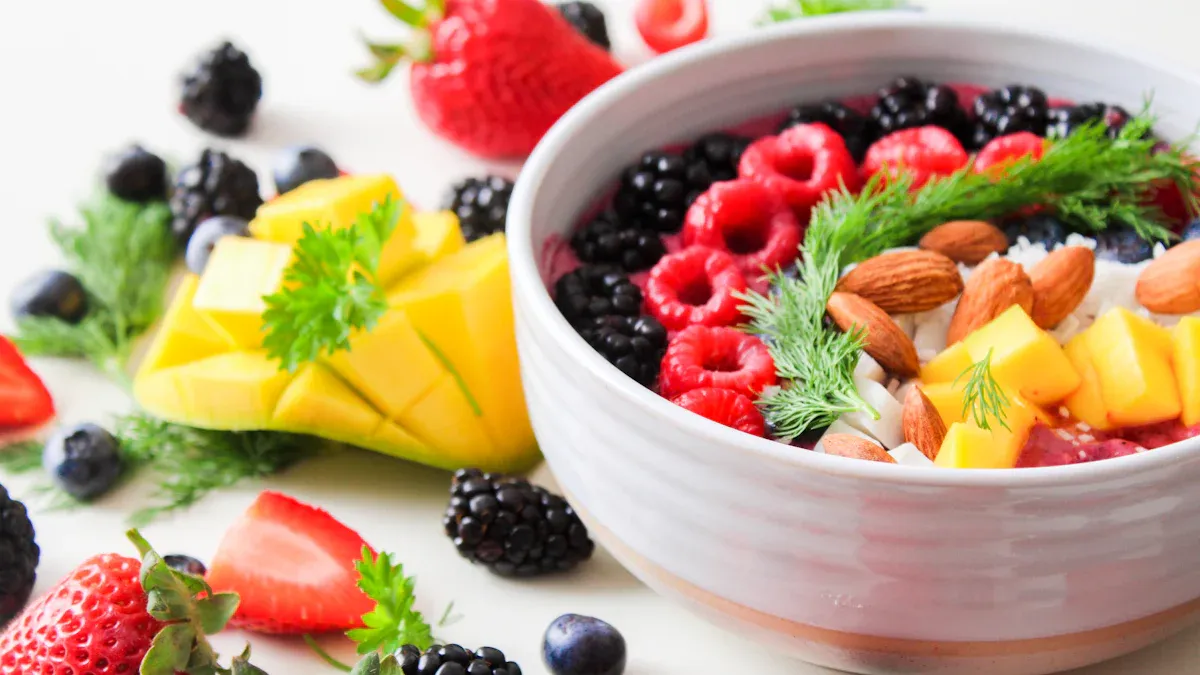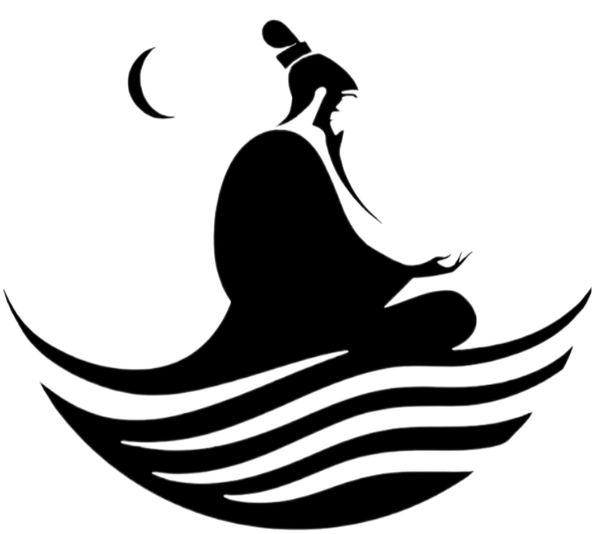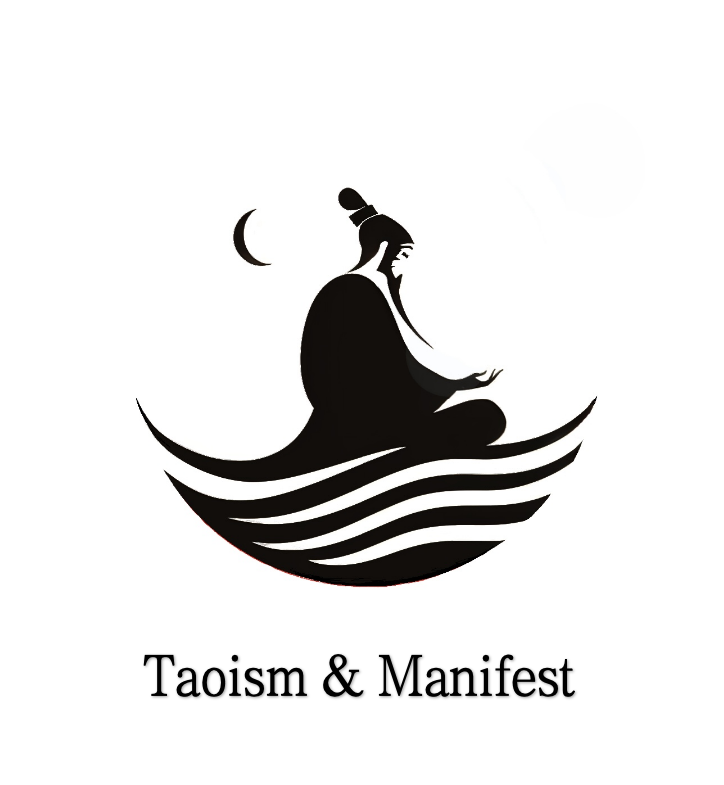
You might wonder how ancient wisdom can help you eat better today. Taoism teaches you to live in harmony with nature and to listen to your body’s needs. When you follow these teachings, you can find a gentle path to healthier eating. Try to keep an open mind as you learn new ways to enjoy food and care for your well-being. Let Taoism inspire you to see every meal as a chance to find balance and peace.
Key Takeaways
Taoism teaches us to eat in balance with nature. It also says to eat what your body needs. We should use simple and natural foods to stay healthy. Mindful eating means you pay close attention to your food. You notice the taste, texture, and smell. This helps you enjoy meals more and feel full. Avoiding strong spices like onion and garlic can help your mind stay calm. It also helps you focus better and eat well. Light fasting means skipping grains or eating just fruits and nuts for a few days. This can give you more energy and clear your mind if you do it carefully. Eating at regular times is important. Listen to your hunger and pick fresh foods. This helps your body stay in rhythm and makes you feel better overall.
Taoist Diet

Balance and Simplicity
When you follow a Taoist diet, you focus on balance and harmony. Taoism teaches you to match your food choices with the seasons and your body’s needs. You learn to enjoy a mix of grains, vegetables, beans, and fruits. Each food has its own energy and flavor. By eating a variety, you help your body stay in balance. You also pay attention to the five flavors—sour, bitter, sweet, spicy, and salty. Each one supports a different organ in your body. If you eat too much of one flavor, you might feel out of balance. Simple meals, eaten in moderation, help you feel calm and healthy.
Tip: Try to notice how your body feels after eating different foods. This can help you find your own balance.
Vegetarianism and Five Pungent Spices
Many Taoist monks and nuns choose a vegetarian diet. They often avoid eggs and certain strong-tasting foods. These foods, called the five pungent spices—onion, garlic, leek, chive, and asafoetida—are thought to disturb your mind and energy. Ancient Taoist texts say these spices can make you feel angry or restless. They might also make it harder for you to meditate or feel peaceful. By skipping these foods, you may find it easier to stay calm and focused.
Natural Foods
Taoism encourages you to eat foods that are fresh and natural. You choose foods that are in season and avoid things that are overly processed. When you eat simple, whole foods, you give your body what it needs without extra stress. Cooking your meals with care and eating at regular times can also help you feel more energetic and clear-headed. This gentle approach to food supports both your body and your mind.
Bigu Fasting
Origins and Meaning
Bigu fasting started a long time ago in China. The word "Bigu" means to stay away from grains. Taoist monks and hermits began this practice over 2,000 years ago. They thought eating grains could make life shorter and bring bad energy. They wanted to clean their bodies and reach higher spiritual goals. To do this, they slowly stopped eating grains. They also spent more time meditating and doing breathing exercises. Over time, Bigu became a way to help the body and mind feel clean. It helps people feel lighter and closer to nature.
Types of Bigu
There are different ways to do Bigu fasting. Some people do full fasting and only drink water for a while. Others do partial fasting and skip grains but still eat fruits, vegetables, nuts, or herbs. Some people who are very advanced try to live on just air and Qi. Most people today do an easier version. They might skip grains for a few days or eat only simple, natural foods. Each type of Bigu helps you change your eating habits. It also helps you listen to what your body needs.
Note: If you want to try fasting, start slow and notice how you feel.
Health and Spiritual Benefits
Bigu fasting can help your health and spirit. Many people feel more energy and think more clearly after fasting. Some studies say fasting can help your body get rid of toxins. It may also help your metabolism and immune system. Spiritually, Bigu teaches self-control and thankfulness. You learn to value food and pay attention to what you eat. In Taoism, Bigu is not just for the body. It is also about finding balance and peace inside yourself.
Taoism and Mindful Eating

Eating with Awareness
You can practice mindful eating by paying close attention to your food. Notice the colors, smells, and shapes on your plate. When you take a bite, focus on the flavors, textures, and temperature. This helps you enjoy each meal and feel more satisfied.
Mindful eating involves paying attention to the flavors, textures, and temperature of your food during meals, fostering presence and intentionality in the act of eating.
Taoism teaches you to eat slowly and chew your food well. You can put away your phone or turn off the TV to avoid distractions. When you eat with full attention, you support your body’s energy and help your mind stay calm. Gratitude for your meal also brings a sense of peace.
Emotional Balance
Your emotions can affect how and what you eat. Taoism encourages you to keep your mind and heart balanced. You can use simple practices like deep breathing or a short meditation before meals. These habits help you feel calm and ready to eat.
Emotional balance in Taoist eating means checking in with yourself before meals.
You can try gentle exercises like Tai Chi or a quiet walk to relax your mind.
Eating fresh, seasonal foods supports both your mood and your body.
When you feel peaceful, you make better food choices and enjoy your meals more.
Meal Rhythm
The timing of your meals matters. Taoist wisdom suggests eating at regular times each day. Your body has natural rhythms, and following them can help you feel your best.
The stomach’s peak energy time is from 7:00 a.m. to 9:00 a.m., so breakfast is important.
Try to eat your biggest meal when your digestion is strongest.
Avoid heavy meals late at night to let your body rest.
Syncing your meals with your body’s natural clock can boost your energy, improve your mood, and help you think clearly. Taoism reminds you to live in harmony with these rhythms for better health.
Applying Taoism
Light Fasting
You can try light fasting as a gentle way to support your health. Many people today follow a modern version of the ancient Taoist practice called "bigu." In this approach, you avoid grains and sometimes skip food for short periods. You might eat only fruits, nuts, or honey for a few days. Most people fast for three to seven days, but you should always listen to your body and start slowly.
During light fasting, you may notice changes in your body. Some people feel more clear-headed and energetic. Others notice signs of detox, like changes in breath or digestion. These are natural responses as your body adjusts. After fasting, you should take a few days to return to your normal diet. This helps your body recover and keeps you feeling strong.
Tip: Combine light fasting with quiet time, meditation, or gentle breathing exercises. This supports both your body and your mind.
Reducing Processed Foods
You can make a big difference in your health by choosing natural foods over processed ones. Taoism teaches you to eat foods that are close to their natural state. Fresh fruits, vegetables, beans, and whole grains give your body the energy it needs. Processed foods often contain extra sugar, salt, or chemicals that can make you feel tired or out of balance.
Modern life makes it easy to grab snacks or fast food. You may find it hard to avoid these choices, especially when you are busy. Try to plan your meals ahead of time. Prepare simple dishes at home when you can. Even small changes, like swapping chips for fruit, help you move toward a more balanced diet.
Note: Eating in a calm place without distractions, like phones or TV, helps you enjoy your food and notice how it makes you feel.
Practical Tips
You can bring Taoist wisdom into your daily routine with a few simple steps:
Eat at regular times: Try to have your meals at the same time each day. This helps your body find its natural rhythm.
Listen to your body: Notice when you feel hungry or full. Stop eating when you feel satisfied, not stuffed.
Practice gratitude: Take a moment before eating to feel thankful for your food. This can make meals more enjoyable.
Stay hydrated: Drink plenty of plain water throughout the day.
Move gently: Light exercise, like walking or stretching, supports digestion and keeps your energy flowing.
Here is a sample day inspired by Taoist principles:
Morning: Warm water, followed by a breakfast of seasonal fruit and a handful of nuts.
Lunch: Steamed vegetables, tofu, and brown rice. Eat slowly and chew well.
Afternoon: Herbal tea and a small piece of fruit if you feel hungry.
Dinner: Light soup with leafy greens and mushrooms. Finish eating before sunset.
Many people face challenges when trying to eat this way. Busy schedules, distractions, and the cost of fresh foods can make it hard. You do not need to be perfect. Start with one or two changes and build from there. Respect your own pace and celebrate small successes.
Motivation grows when you respect your body’s natural rhythms and keep a positive attitude. Remember, Taoism encourages you to find balance, not perfection.
You can make eating healthy easy and fun with small changes. Try to eat slowly and pay attention to when you feel hungry. Pick foods that are natural and not processed. Research shows mindful eating helps you notice when you are full. It also helps you choose better foods and feel good as time goes on. Some people think Taoist food rules are just old habits. But these rules really teach balance, moderation, and living a good life. Take one small step today. Your body and mind will be glad you did.
FAQ
What is the Taoist approach to eating?
You follow balance and simplicity. You choose fresh, natural foods. You eat slowly and listen to your body. You avoid overeating and try to enjoy every meal.
Can you try Taoist eating if you are not vegetarian?
Yes! You do not need to be vegetarian. You can start by adding more vegetables and natural foods to your meals. You can also try eating less processed food.
Why do Taoists avoid the five pungent spices?
Taoists believe these spices—onion, garlic, leek, chive, and asafoetida—can disturb your mind and energy. You may feel calmer and more focused if you avoid them.
How can you start mindful eating at home?
Begin by turning off distractions.
Notice the colors, smells, and flavors of your food.
Chew slowly and enjoy each bite.
Take a moment to feel grateful before you eat.
Is fasting safe for everyone?
You should check with a doctor before you try fasting, especially if you have health problems. Start with gentle changes, like light fasting or skipping processed snacks.






